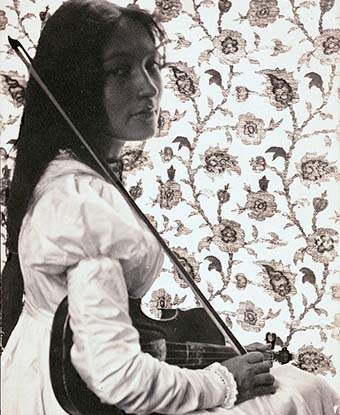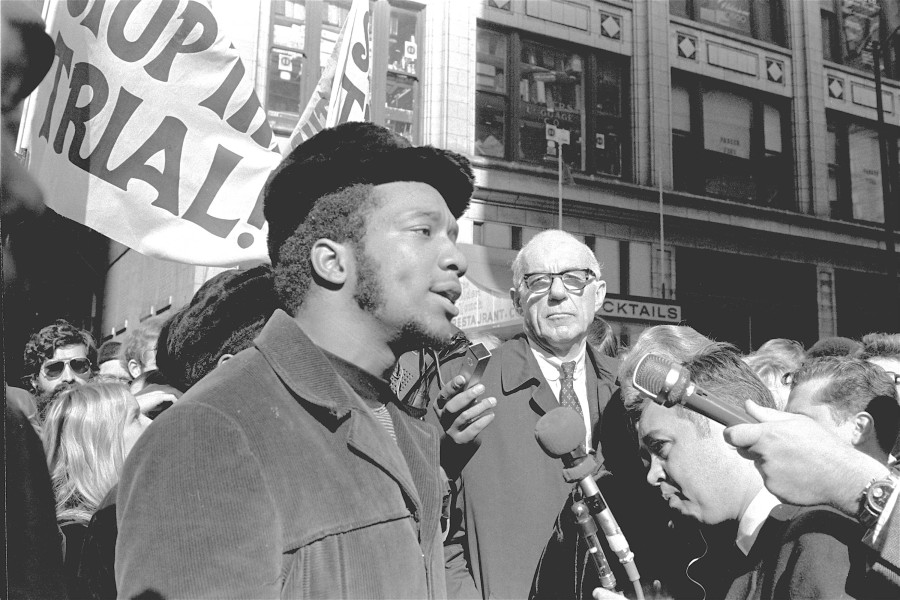Eduardo Galeano (1940–2014), best known for Open Veins of Latin America, was a leftist Uruguayan writer. His works are significant because they aim to tell history through the lens of the oppressed. He describes histories of oppression, both economic and cultural, in order to explain the present state of the developing world. He is widely known for his contributions to Latin American dependency theory. A dichotomy between oppressor and oppressed is a key aspect of his beliefs.
While Open Veins is Galeano’s most famous work, Mirrors: Stories of Almost Everyone provides a broader survey of his ideas. Mirrors includes more than 600 vignettes, each one documenting an incident or historical trend that depicts oppression. He addresses structures of racism, misogyny, homophobia, and classism. Furthermore, he references countless cultures for his stories and extends past his reputation as a theorist on Latin America. For example, he recalls Ancient China’s family structures, the development of African American jazz music, and the Turkish origin of the croissant—all written as demonstrations of oppression. Galeano’s critics argue that his stories are largely apocryphal and it is unfair to divide the world into oppressor and oppressed.

FURTHER READING
The New York Times. “Author Changes His Mind on ’70s Manifesto (Published 2014),” 2022. https://www.nytimes.com/2014/05/24/books/eduardo-galeano-disavows-his-book-the-open-veins.html.
Galeano, & Belfrage, C. (1997). Open Veins of Latin America: Five Centuries of the Pillage of a Continent (25th anniversary ed.). Monthly Review Press.
Galeano, Eduardo, and Mark Fried. Mirrors: Stories of Almost Everyone. New York, NY: Nation Books, 2010.
Leave a Comment








